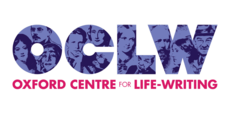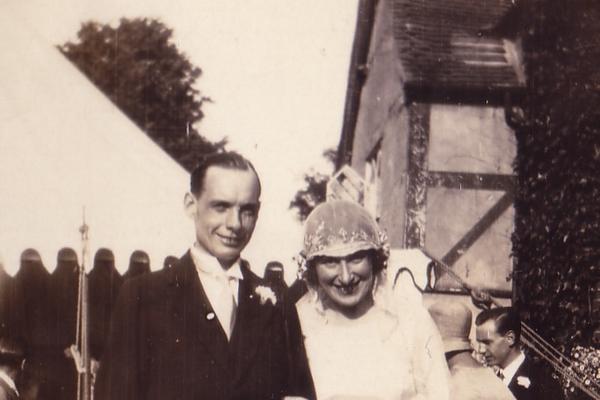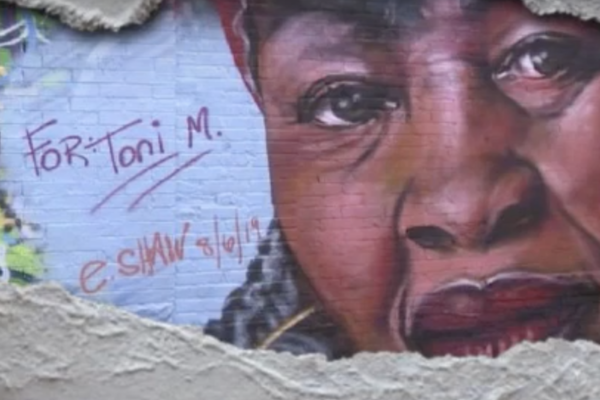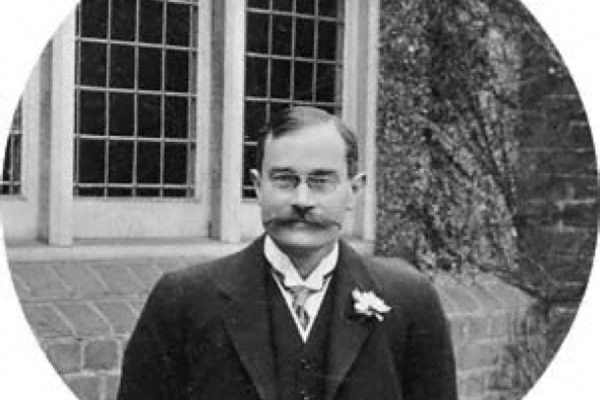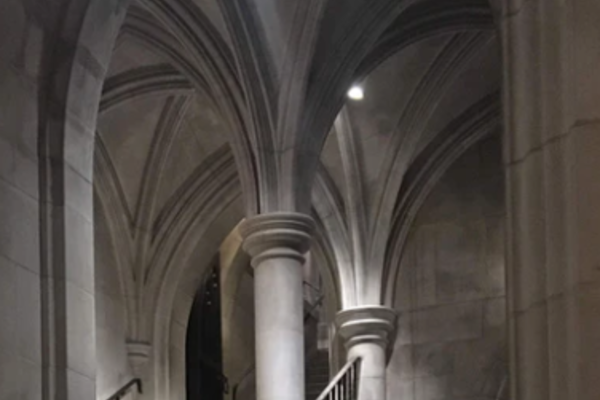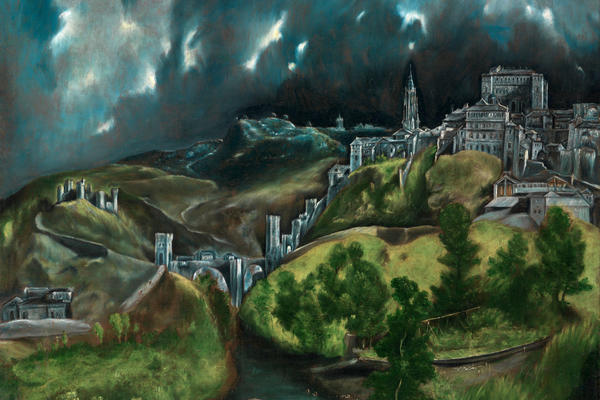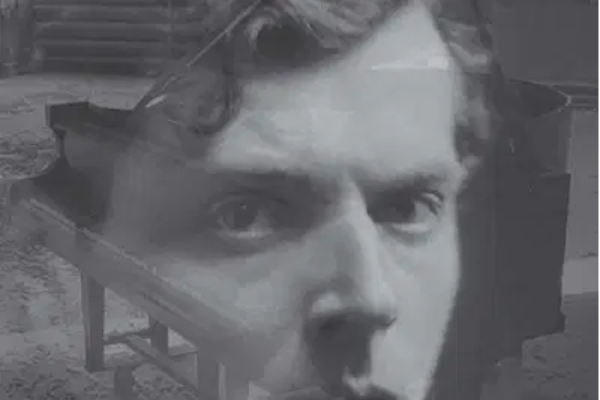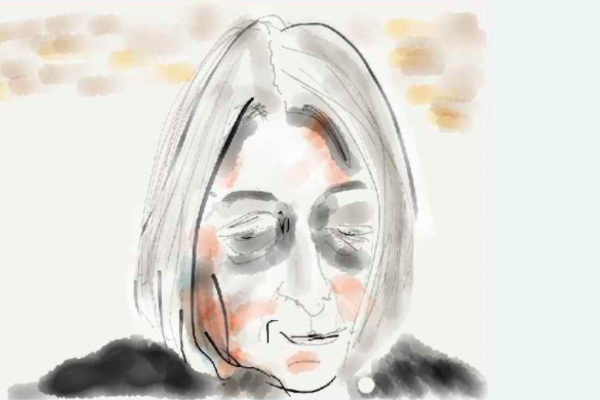“The life to uncover” Virginia Woolf’s romantic life writing
One of the most intriguing aspects of Virginia Woolf’s life-writing is its profound indebtedness to an aesthetics of inwardness specifically connected with a 19th-century frame of mind. Relying on the idea of “presence” Woolf proposed as the hallmark of good essay writing in the 1920s, I aim to highlight how our understanding of her ‘poetics of reminiscing’ would benefit from a historically rooted recognition of the agency of Romantic modes of understanding and representing selfhood on her life-writing practices. Woolf’s admiration for Byron’s letters, Lamb’s essays, and most importantly for Wordsworth’s lyrical poetry is far from being an accidental preference: it rather testifies to a subtler act of recovery of an attitude to individual memoirs which she felt must incorporated in her own poetics.
Paolo Bugliani is a post-doctoral research fellow at the University of Pisa, where he is carrying out research and acting as academic tutor in English Literature. His research has so far mainly focused on the study of the essayistic genre in its manifold phenomenology, with a specific interest in the way the essay is capable of problematizing, reshaping, and conveying identity by way of personification and ventriloquizing. Following this line, he has published articles on romantic essayists such as Charles Lamb, William Hazlitt, Leigh Hunt and Thomas De Quincey, while also opening up to more contemporary figures, namely Virginia Woolf, W. H. Auden and D. Foster Wallace.

